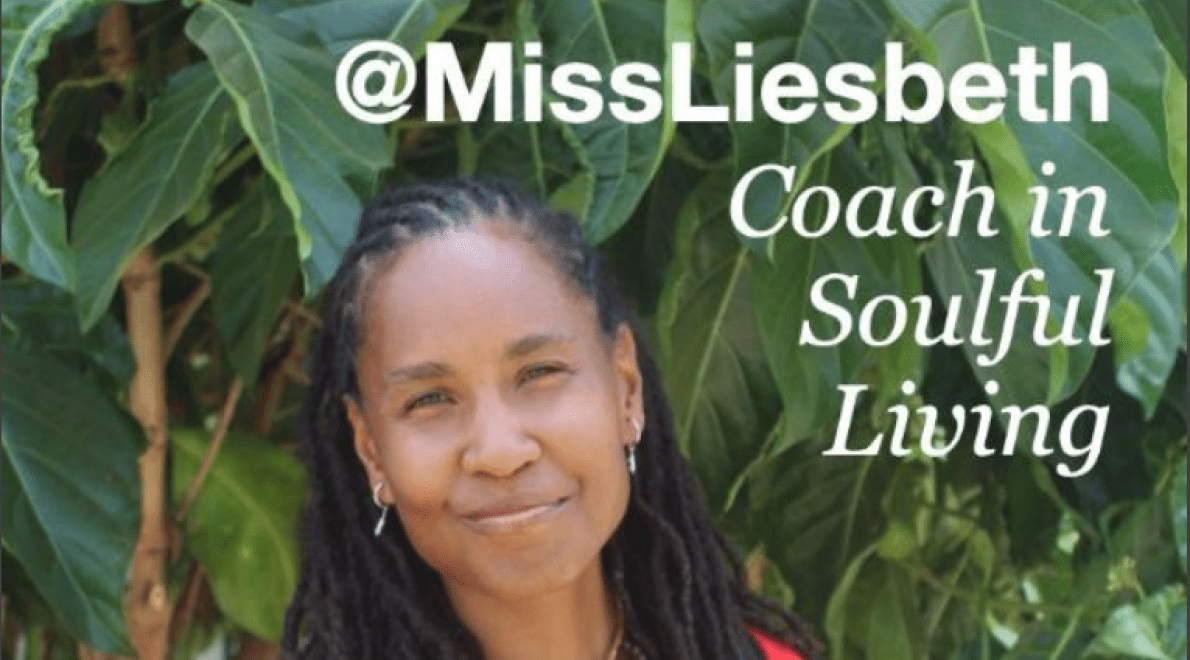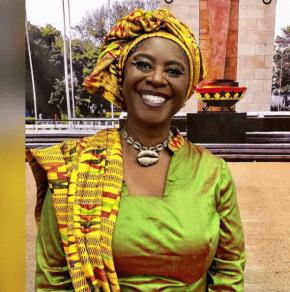Image



Last week, when I joined the introduction lesson of the Africana Development Studies organized by the Broos Institute in partnership with the Anton de Kom University (AdeKUS).
For the very first time students in three different continents joined together in one class to be taught about their own history and cultures by academics from Ghana, the Caribbean and the United States (US). It was an opportunity that made us feel as if we were high on steroids, students and teachers included.
Because where in the world can you learn about the roots of your family from African and diasporan perspectives in a class of people who are connected and at the same time separated by the Atlantic Ocean? Most students reside in Holland, some are in Suriname and then we also have a person in the US and one in Ghana. The last one would be me. We are all members of the diaspora with close Caribbean ties.
During a spontaneous meet and greet many of us expressed our longing for a course like this.
‘I waited 25 years for this!’, said a student in Amsterdam.
‘We dreamed of a course like this’, the organizers said. ‘There is a strong desire to have an educational background in African perspectives on history, culture, economics, social and political development.’
To think of it, it is indeed one of the main reasons why my own higher education got stranded. Until this course, I could not find a place where my Caribbean roots, my Dutch upbringing and love for the African continent could be combined and reflected in an academic setting.
For far too long I had been in class the person with the unknown or incomprehensible identity. Or worse, an identity that did not have value for any of the teachings I followed in the past. Well, since last week not anymore!
The line-up of our teachers during the introduction lesson promised a lot. We heard from two scholars from AdeKUS in Paramaribo (Suriname) and two historians from Kwame Nkrumah University of Science & Technology in Kumasi (Ghana).

The opening speech was done by the Ghanaian Ambassador in South America, Abena Busia, who was just as excited us. ‘I was there when we decided about this course’, she said and relayed a story about how the Ashanti King visited Paramaribo and discovered how elements of his own culture were preserved by the drummers in Suriname.
Then and there it became clear that, as the ambassador explains:
We want the knowledge to understand what binds us. That connection needs to be made!’
I believe that is exactly what everyone in this class felt in their hearts. That we finally found a schoolroom where we were invited to exchange, explore and excel in this global process of decolonialization. Our expectations were growing by every minute in this course.
Liesbeth Tjon A Meeuw was born and raised in the Netherlands where she has worked as a journalist for more than fifteen years in the media industry. She holds a BA degree in Journalism and History. Her parents are from Suriname, in the Caribbean. She has travelled across the Atlantic and made stories about cultural and racial issues, African communities and spiritual awareness. Nowadays she lives in Ghana where she teaches at the university and coaches people in living a soulful life.@MissLiesbeth